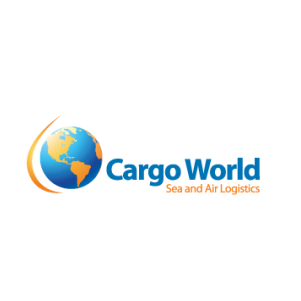The year 2021 started with many challenges: lack of space, equipment and high international freight prices from Asia, reaching a cost of US $ 10,000 per container.
For imports from the east, in the last few months, the freight tariff showed a decrease in values. However, new factors promise to further affect this scenario.
These consequences can already be identified in some situations. An example of this is a further increase in tariffs and the lack of equipment and an increase in tariffs, when the origin is Europe.
Evandro Ardigó, specialist in international logistics, with more than 20 years of experience in this segment, spoke with the Interseas team and based on his experiences, brought an overview of the current international market.
Check out the full interview!
Interseas: What is the main consequence of the pandemic on the demand for international maritime transport, so far?
Evandro Ardigó: The main consequence was an increase in value of up to 400% due to pent-up demand.
Interseas: Can we expect a reduction in the freight tariff on imports?
Evandro Ardigó: The trend was for the import tariff to fall in Asia, as it had been falling since the second half of January this year. However, this fall was stopped and tariffs rose again due to the crisis generated by what happened in the Suez Canal.
Interseas: In exports, we can also identify the lack of equipment and high tariffs. Can you explain the causes of this situation?
Evandro Ardigó: Due to last year’s lockdown, there was a break in the supply chain. The depreciation of the real against the dollar made the product manufactured in Brazil very competitive and increased the volume of exports. Many exporters are preferring to export, rather than investing more in the domestic market.
Interseas: How does what happened on the Suez Canal, which accounts for 10% of maritime trade traffic and makes routes with Europe and the American East Coast, in addition to Asia, affects us here in Brazil?
Evandro Ardigó: Speaking of Asia, it affects why there will be a drop in the stock of empty containers. The ships that came from Europe and are delayed, will not unload the containers in Asia as scheduled and, consequently, will be missing containers. We will be competing for the same empty containers with the rest of the world.
Interseas: And now, in view of the whole scenario that we are experiencing, what can we expect from the market?
Evandro Ardigó: There is a worldwide shortage in the supply chain. Most companies around the world were left with low inventory at the end of the first half of last year.
The situation was not normalized and we did not have a vision of when it would be. Now, with the Suez crisis, we can expect the market to become even more unstable. The suggestion that remains is not to count on a drop in the value of freight to historical levels, as this is unlikely to happen in the short term and as far as possible if you plan and anticipate your reservations so as not to run the risk of running out of products.
Source: Comex do Brasil







